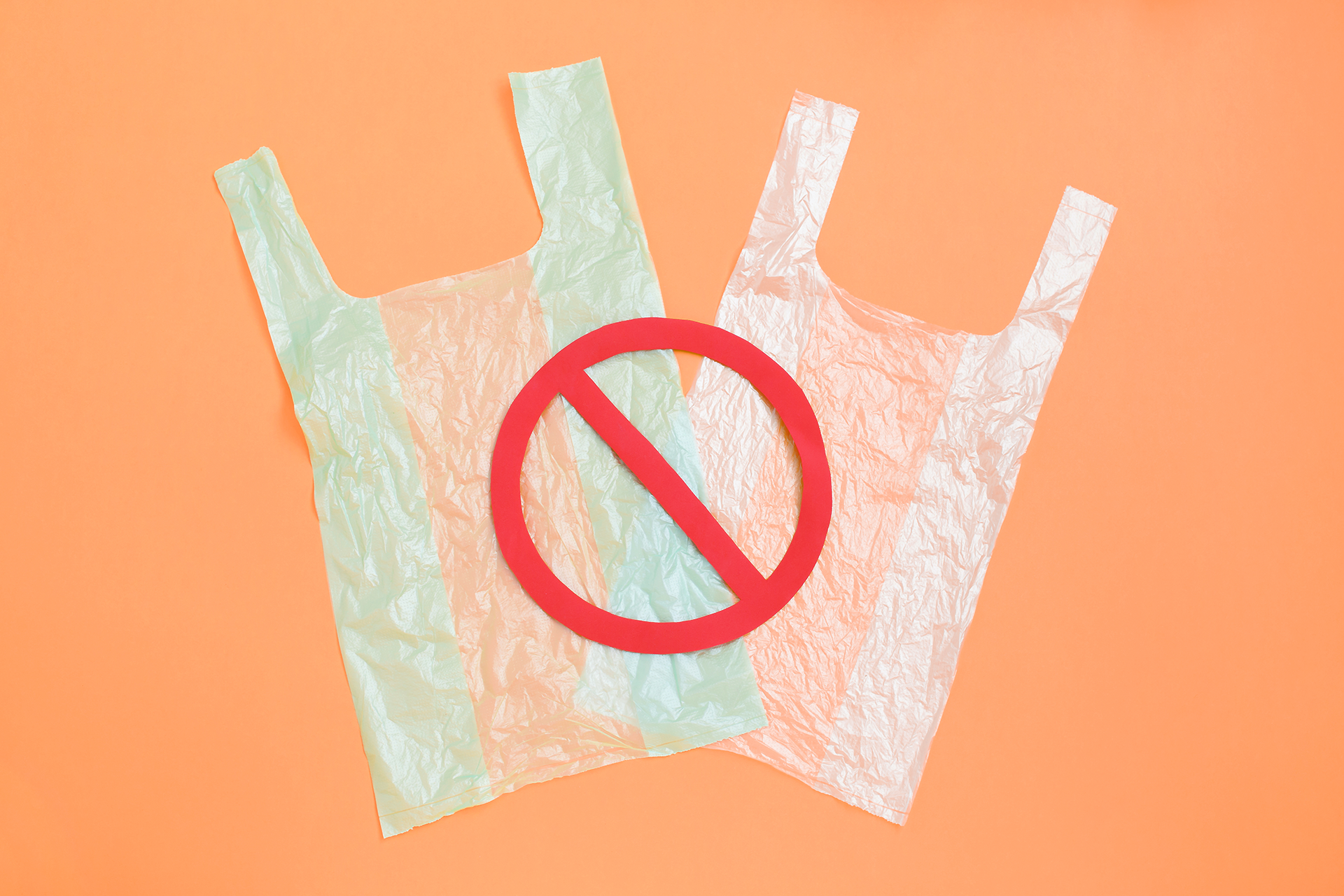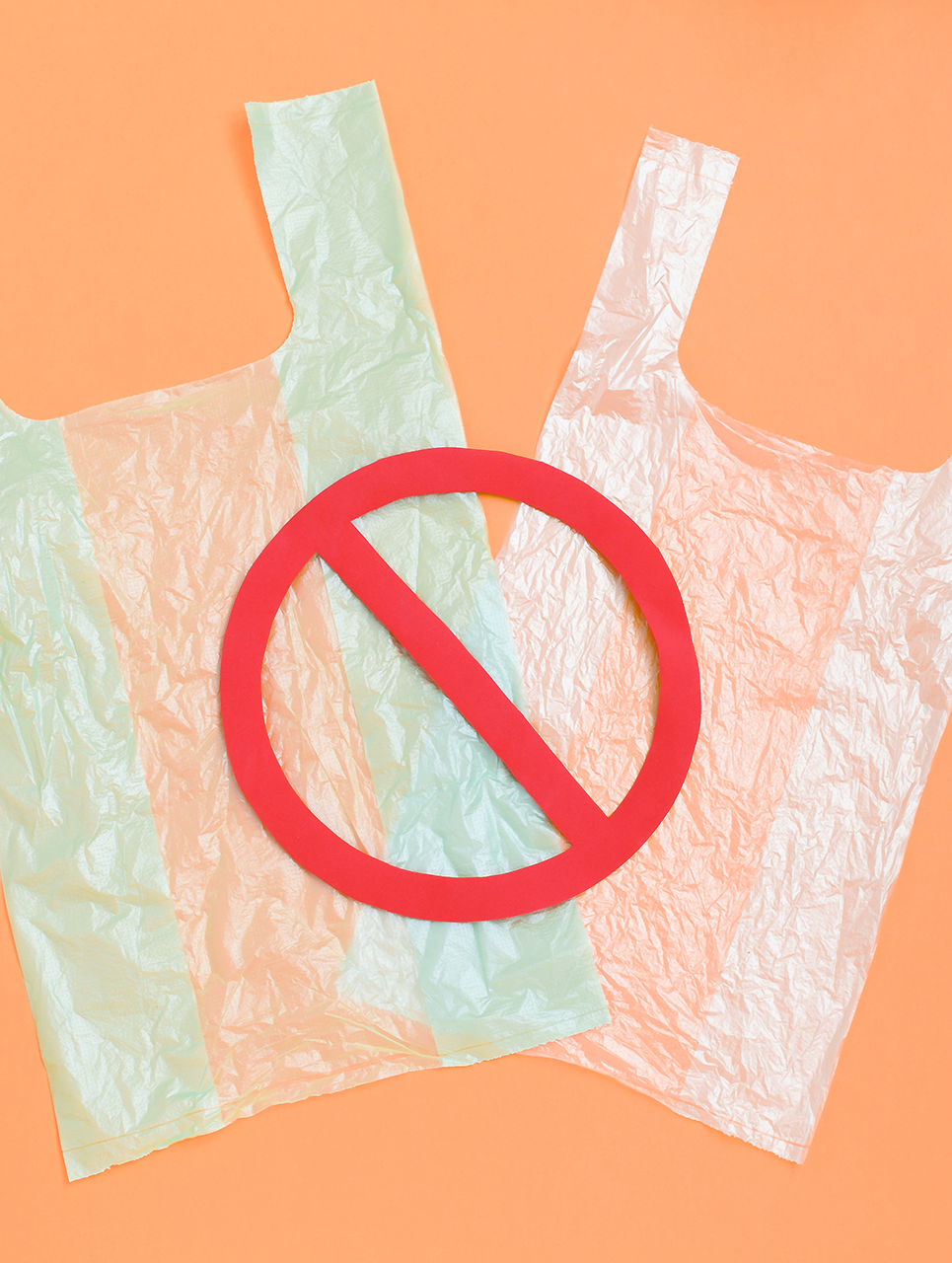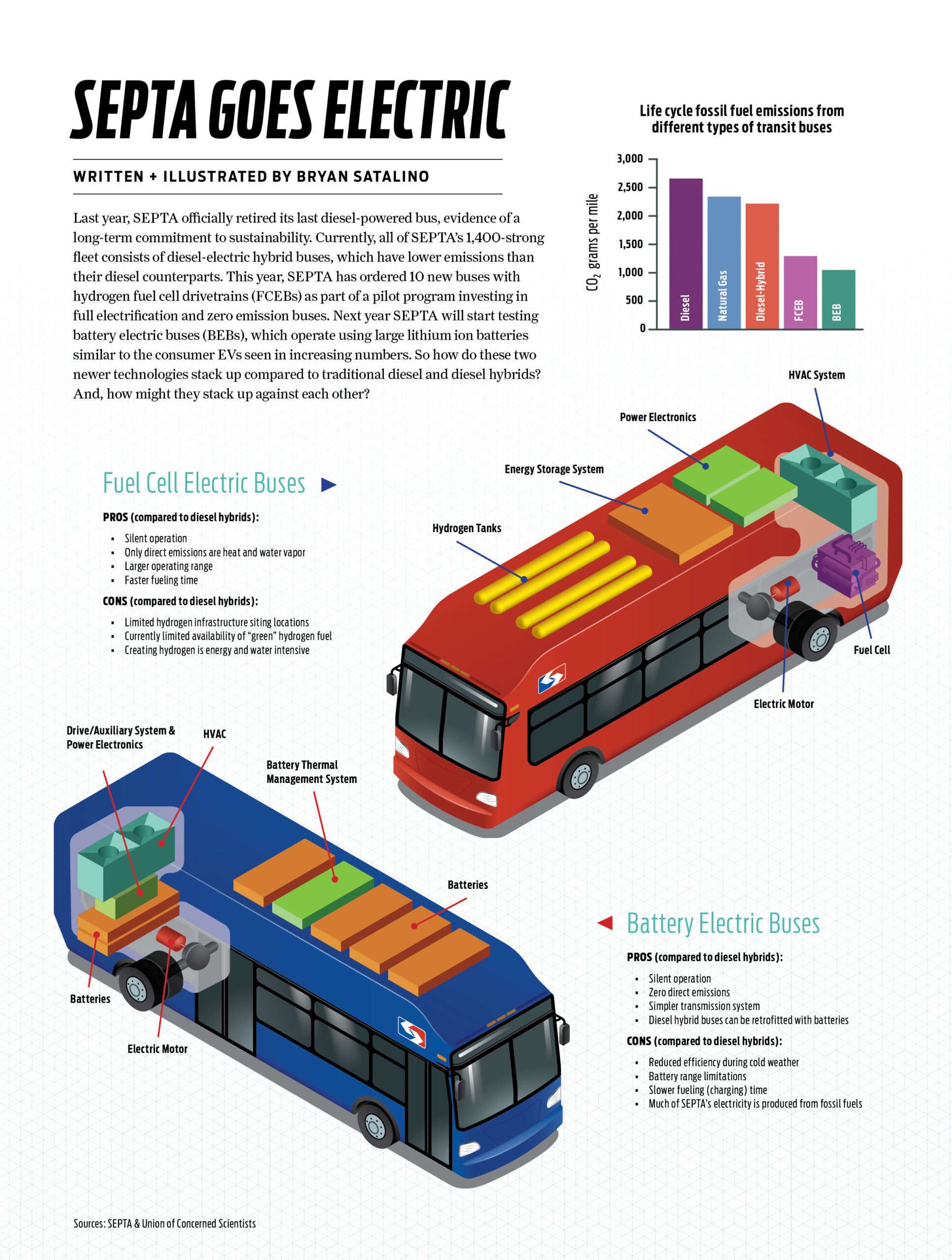We’ve all had the frustrating experience of seeing a plastic bag caught in a tree or a plastic bottle lying in the gutter. We’ve seen the jarring images of seabirds caught in six-pack rings or turtles with straws up their noses.
Sadly, these images shouldn’t be surprising. Over 35 million tons of plastic waste is discarded every year in the United States, but less than 6% gets recycled. Almost all of the plastic we use ends up in a landfill, burned in an incinerator or — worse — littered directly in our environment.
Last month, Montgomery County’s Abington Township passed a ban on single-use plastic bags and polystyrene foam plates, cups and containers. Abington is the first Pennsylvania municipality to pass a plastic bag ban in 2025, and, excitingly, the Keystone State has reached a tipping point: 20% of the state’s residents now live where a ban on plastic bags is in place. That’s incredible progress, especially considering that just five years ago the state legislature attempted to make it illegal for Pennsylvania’s municipalities to ban plastic bags.
If we can cut out unnecessary single-use plastics, then we can help protect our environment, our communities and our health.
Pennsylvania’s cities and towns passing bans on single-use plastics is a critical step in the effort to address our growing waste problem, which is why plastic bag and polystyrene bans like the one passed in Abington are so important. If we can cut out unnecessary single-use plastics, then we can help protect our environment, our communities and our health. Nothing we use for just a few minutes should be allowed to pollute our planet for hundreds of years.
Since Narberth Borough, Montgomery County, passed Pennsylvania’s first law tackling single-use plastic pollution in 2018, many other communities have taken action. There are now more than three dozen of these local laws across Pennsylvania, with most of them passed in the Delaware Valley. PennEnvironment estimates that, when enacted and enforced, these bag bans could eliminate more than 950 million single-use plastic bags every year. That’s over 5,200 tons of plastic waste that won’t end up polluting our environment.
At the same time, evidence is growing that these laws work. A study on Philadelphia’s bag ban by researchers at Swarthmore College and the University of Pittsburgh found that plastic bag use at grocery stores decreased by over 90% in its first year. And in Pittsburgh, a PennEnvironment Research & Policy Center study found that over 80% of businesses surveyed were complying with its plastic bag ban. Just last year, a report by Frontier Group, Environment America and Public Interest Research Group looking at plastic bag bans across the country, including in Philadelphia and New Jersey, found that well-designed laws can eliminate on average 300 plastic bags per person and cut plastic bag litter by over one third.
It’s time for Pennsylvania to address its waste problem once and for all. The Keystone State produces more plastic than almost any other state in the country. As we’ve seen in the dozens of Pennsylvania towns that have passed plastic bag bans already, we can make a concrete impact. To keep the momentum going, more communities should follow the lead of places like Abington and Philly and pass their own local bans on single-use plastics.

If you live in the Delaware Valley and want to know if your municipality has passed a ban on plastic bags, check out PennEnvironment’s map of local action. If you’d like to work with PennEnvironment to try to get a plastic bag ban implemented in your municipality, email info@pennenvironment.org.









